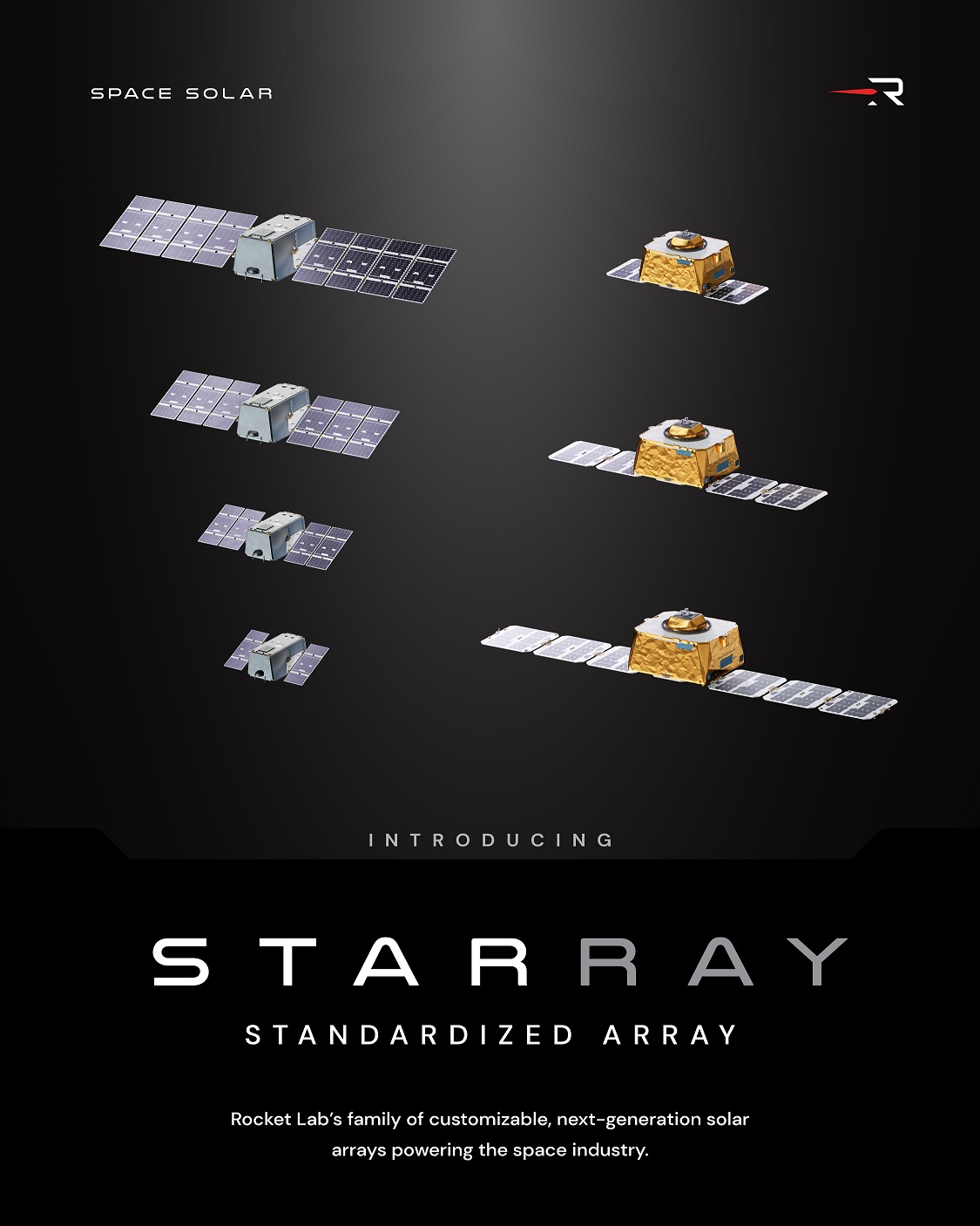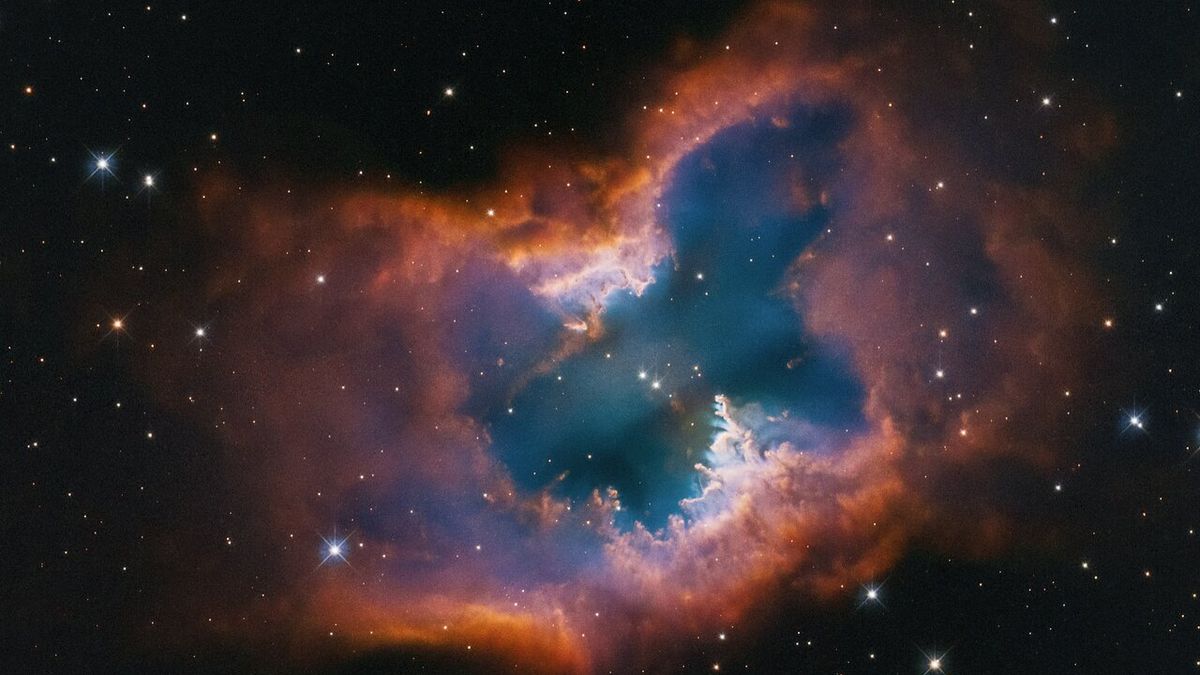Rocket Lab is showing that's about more than just rockets.
The California-based company has introduced a family of customizable solar arrays, designed to fit the changing needs of customer satellites. Rocket Lab is offering the new Standardized Array, or STARRAY, line as an alternative to save first- or one-time satellite manufacturers the time of designing and testing their own solar arrays from ground, up.
The line was introduced earlier this month, at the 40th Space Symposium in Colorado Springs, Colorado. “Customers can choose from a range of pre-engineered solar array configurations to meet the needs of their application while leveraging the flight-proven reliability, performance and speed of Rocket Lab’s vertically integrated manufacturing," Rocket Lab's Vice President of Space Systems Brad Clevenger said in a statement.
The STARRAY line offers seven variable solar array sizes, ranging in power output from 100 watts to over 2,000 watts. “Our objective is to offer the industry mission-specific customization with short lead times and lower costs,” Clevenger said in the statement.
In 2022, Rocket Lab acquired space solar power technologies company SolAero, to expand its space systems capabilities. The deal added solar cells to Rocket Lab’s in-house processes. Now, the company boasts a vertically integrated solar array manufacturing system, allowing it to streamline production of solar cells and assemblies and solar panel subsystems to fully realized solar arrays.

Expanding their space industry expertise further, Rocket Lab was also recently chosen as a potential partner for the military's multibillion-dollar programs dedicated to building hypersonic technology. And the company's HASTE (Hypersonic Accelerator Suborbital Test Electron) rocket is scheduled to launch the DART AE mission for the U.S. Defense Innovation Unit's Hypersonic and High-Cadence Airborne Testing program.








 English (US) ·
English (US) ·